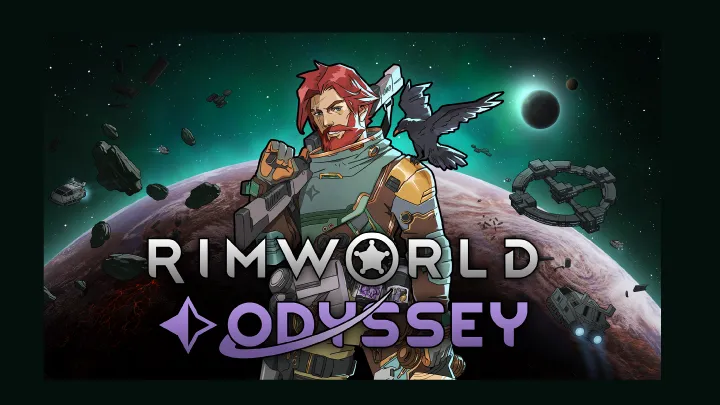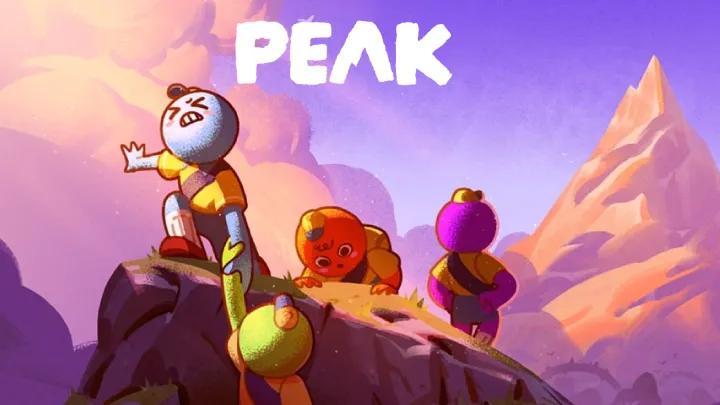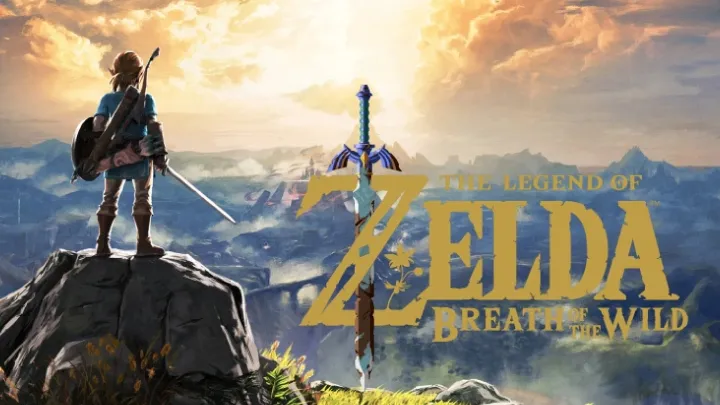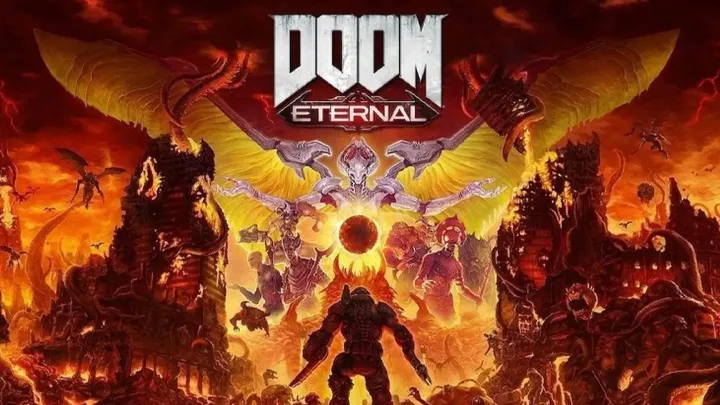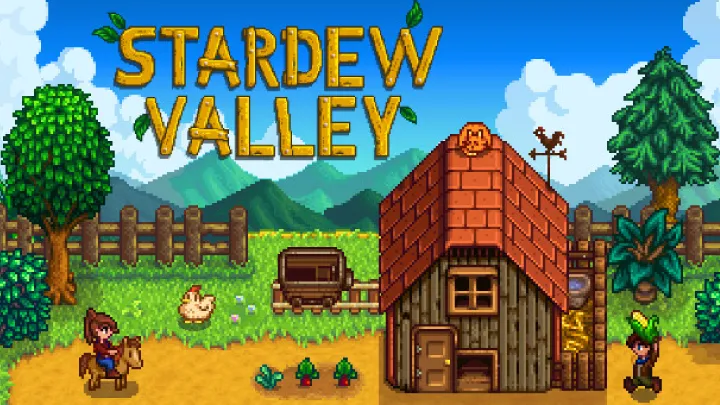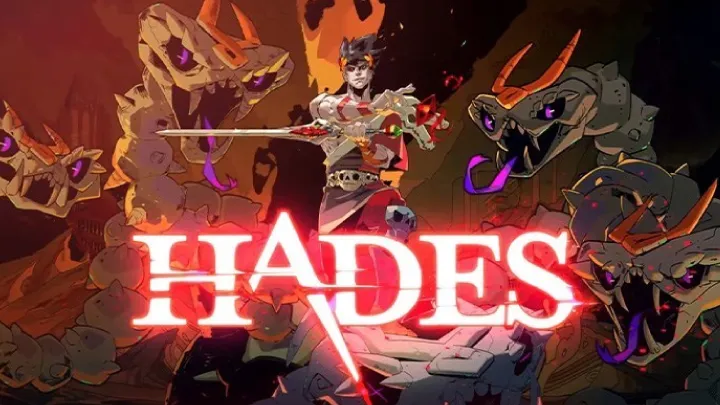Video games have often been criticized as distractions or simple forms of entertainment, but one particular aspect has elevated the medium into an art form: storytelling. From the pixelated text boxes of early role-playing games to the cinematic experiences of modern blockbusters, narratives have grown into the heart of gaming. This article explores the top games defined by storytelling, presented chronologically to demonstrate how narrative in gaming has transformed across time.
The Dawn of Narrative in Gaming: Final Fantasy VI (1994)
Final Fantasy VI set a new standard for storytelling in the early 1990s, a time when most games still focused primarily on gameplay mechanics. Square Enix’s masterpiece offered a sprawling ensemble cast, each with unique backstories and motivations.
The Power of Character Depth
Unlike many contemporaries, Final Fantasy VI didn’t rely on a single protagonist. Instead, it presented an ensemble that allowed players to emotionally invest in multiple arcs. This design made the story resonate more strongly, emphasizing themes of hope, despair, and perseverance.
Legacy and Influence
The game’s balance between gameplay and narrative design inspired countless RPGs, particularly in Japan, laying the foundation for later masterpieces in the genre.
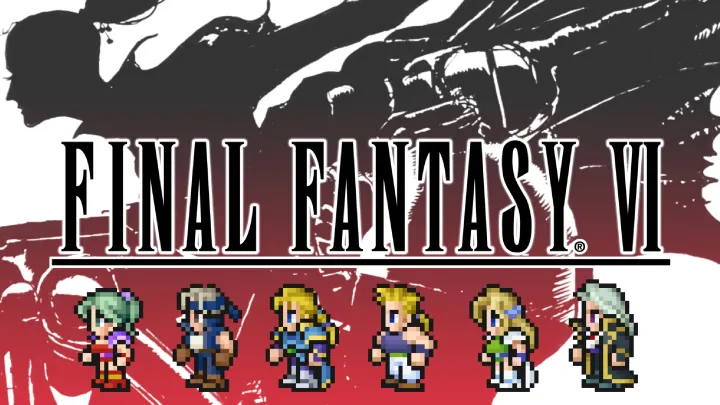
The Cinematic Breakthrough: Metal Gear Solid (1998)
Hideo Kojima’s Metal Gear Solid was revolutionary because it introduced cinematic techniques to gaming in ways previously unseen. With voice acting, cinematic camera angles, and complex cutscenes, it blurred the lines between video game and film.
Espionage Meets Storytelling
The narrative tackled themes of nuclear proliferation, genetic manipulation, and the ethics of war—topics often reserved for literature or film, not games.
Interactive Drama
The game innovatively tied narrative to gameplay, such as reading a codec frequency from the physical game case to progress. This integration made the story feel inseparable from player action.
Moral Choice Emerges: Star Wars: Knights of the Old Republic (2003)
Bioware’s KOTOR demonstrated that storytelling could be shaped by player choice, fundamentally altering the narrative landscape of RPGs.
Branching Narratives
For the first time, players could meaningfully decide between the light and dark sides of the Force. This branching narrative allowed for multiple playthroughs, each with unique outcomes.
The Twist That Defined an Era
The reveal of the protagonist’s true identity remains one of gaming’s most legendary twists, proving that interactive media could rival film in delivering shocking narrative turns.
Emotional Storytelling Refined: Shadow of the Colossus (2005)
Shadow of the Colossus broke narrative convention by telling a story with minimal dialogue. Instead, it relied on atmosphere, symbolism, and environmental storytelling.
Silence as a Narrative Tool
The emptiness of the world, combined with the tragic nature of slaying colossal beings, created a haunting moral ambiguity. The narrative emerged through player experience rather than text.
Impact on Future Games
The game influenced modern indie titles, demonstrating that subtlety could be just as powerful as dialogue-heavy storytelling.
The Rise of Cinematic Storytelling: Bioshock (2007)
Bioshock combined first-person shooting with philosophical questions about free will, morality, and societal collapse, creating one of gaming’s most influential stories.
Would You Kindly?
The iconic twist involving player control questioned the very nature of agency in games, challenging players to think about their role in storytelling.
Narrative-Environment Fusion
Rapture, the underwater city, served not only as a setting but as a character itself, narrating the downfall of human ambition.
Emotional Depth Reaches New Heights: The Last of Us (2013)
The Last of Us redefined storytelling by focusing on the emotional journey of its characters, Joel and Ellie. It was a deeply human story told through a post-apocalyptic lens.
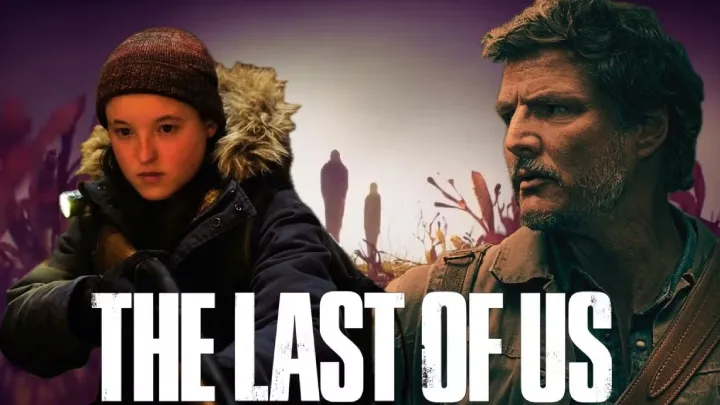
The Father-Daughter Dynamic
The emotional growth between Joel and Ellie showcased how character relationships could be central to gameplay and narrative immersion.
The Ending That Sparked Debate
The morally ambiguous conclusion forced players to confront ethical questions, sparking conversations far beyond the gaming community.
Interactive Drama Perfected: Life is Strange (2015)
Life is Strange highlighted how episodic storytelling could bring television-like pacing into gaming. Its themes of friendship, trauma, and choice resonated with younger audiences.
Time Mechanics and Storytelling
The ability to rewind time gave players narrative control while also tying directly into themes of regret and consequence.
Representation and Inclusivity
The game broke new ground with its focus on LGBTQ+ relationships and mental health, marking a shift in narrative inclusivity.
Narrative Complexity Expands: Red Dead Redemption 2 (2018)
Rockstar’s Red Dead Redemption 2 blended open-world gameplay with one of the most emotionally complex narratives in gaming.
Arthur Morgan’s Transformation
Arthur’s story, from outlaw to a man seeking redemption, demonstrated how character arcs could unfold naturally within player-driven worlds.
World as Narrative
The living, breathing world contributed to the storytelling, with side characters and random encounters enriching Arthur’s journey.
Player Agency and Storytelling: Disco Elysium (2019)
Disco Elysium pushed the boundaries of player-driven storytelling by focusing entirely on dialogue, choices, and psychological depth rather than traditional combat.
Inner Monologues as Characters
The game gave the player’s mind a voice, with skills like “Logic” and “Empathy” actively debating decisions, creating an internal dialogue that shaped the story.
Political Themes
The game engaged with philosophical and political discussions rarely explored in mainstream gaming, treating narrative as an intellectual playground.
Modern Mastery of Storytelling: Cyberpunk 2077: Phantom Liberty (2023)
Despite its rocky launch, Cyberpunk 2077 found redemption through its Phantom Liberty expansion, showcasing how modern technology can deliver narrative immersion.

Cinematic Scope
With Hollywood-level performances, particularly Idris Elba’s Solomon Reed, the narrative reached new cinematic heights.
The Future of Narrative Games
Phantom Liberty demonstrated how evolving technology, from ray tracing to motion capture, can create stories that feel indistinguishable from cinema.
Conclusion: The Legacy of Storytelling in Games
From Final Fantasy VI’s ensemble cast to Cyberpunk’s cinematic expansion, storytelling has proven to be gaming’s most enduring and evolving strength. Each generation pushes the medium further, challenging assumptions about what games can achieve. As technology and creativity continue to evolve, narrative-driven experiences will remain at the forefront, reminding us that games are more than play—they are powerful vessels of human stories.


